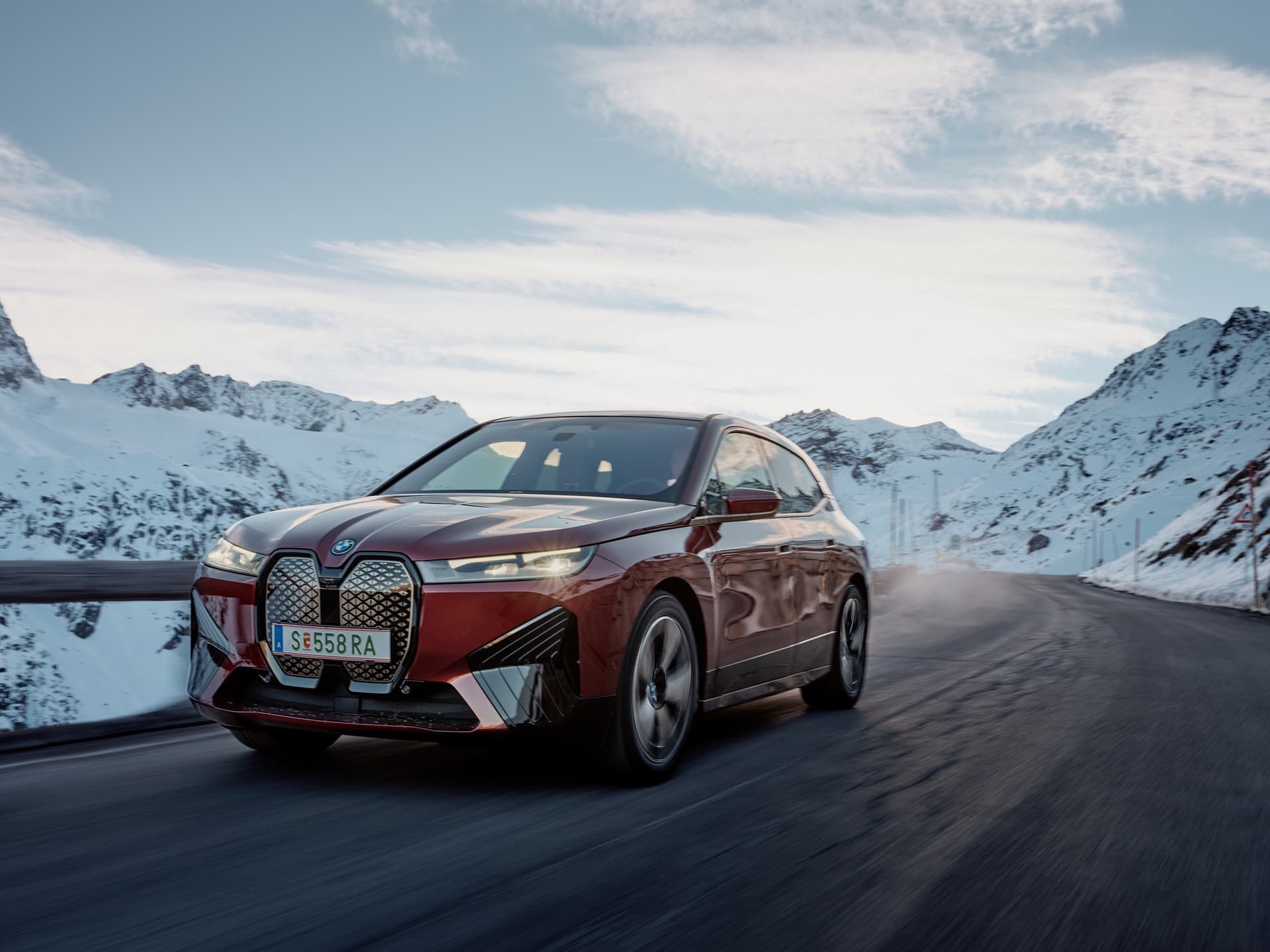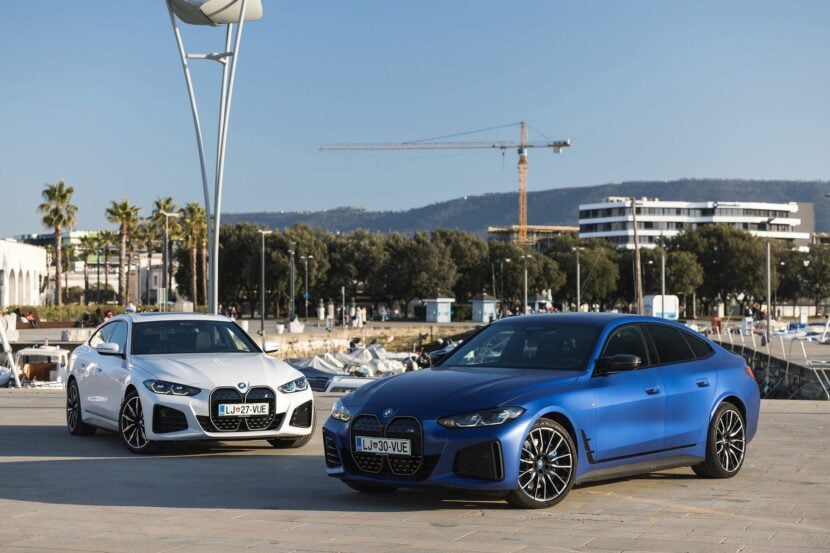The European Union has already established a target to ban internal combustion engine sales by 2035, in an effort to drastically reduce greenhouse gas emissions. However, Germany isn’t on board unless there are exceptions for some piston-engine vehicles.
According to German environment minister Steffi Lemke said that Germany will take part in the EU ICE ban if an option can be added to sell “CO2 neutral” vehicles following the ban.
“This addition is important to Germany in terms of our position, we believe it can also be a bridge for the overall discussion,” Lemke said during a meeting of European environmental ministers.
We’re not entirely sure what Lemke means by CO2 neutral vehicles but it’s likely to mean vehicles with net-zero carbon emissions, despite having internal combustion engines. Plug-in hybrids that are built in carbon neutral facilities could be part of that.
The European Union wants to cut overall emissions down by 50-percent by 2035, which would bring greenhouse gas levels down to those from the early ’90s. However, not all European countries are on board with such a hard ban by that time. Italy, Portugal, Slovakia, Bulgaria, and Romania all want to push the ban back to 2040, which isn’t surprising given the importance of the current auto industry to those countries. Countless car suppliers are from those countries and an ICE ban would drastically hurt the industry.
Just reading the tea leaves, it seems most brands won’t have to worry too much about this ban, as most brands will likely have fully-EV lineups by then. Certainly brands like MINI, Rolls-Royce, Jaguar, Ford, and potentially even Volkswagen will be fully electric by that time. With its competitors aiming for full-electrification, it wouldn’t come as a surprise if BMW did the same, too. It’s already working on a Neue Klasse architecture, which will be for electrified vehicles. So Germany might be hesitant of such a ban but it might not be such a bad thing.
[Source: Automotive News Europe]






































































